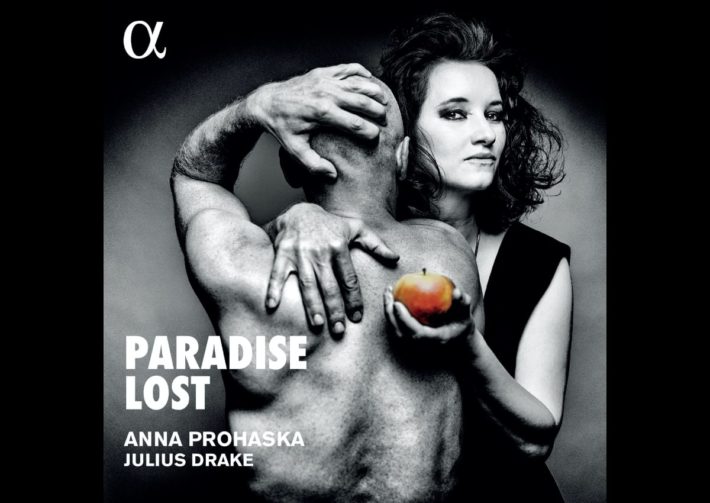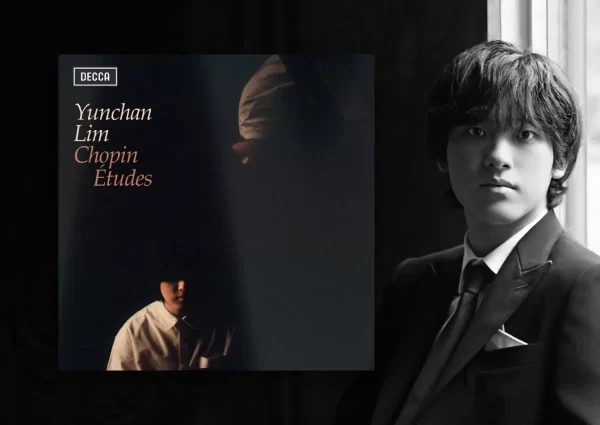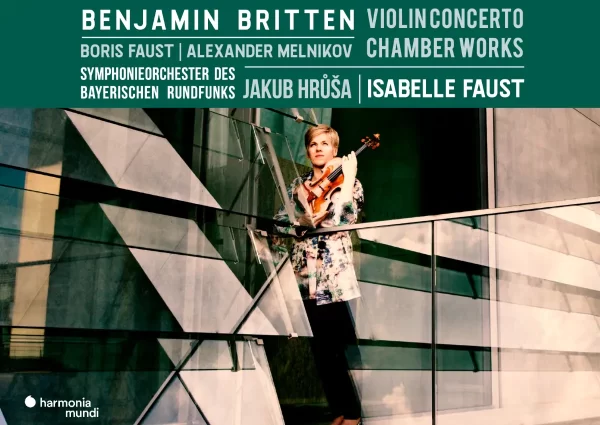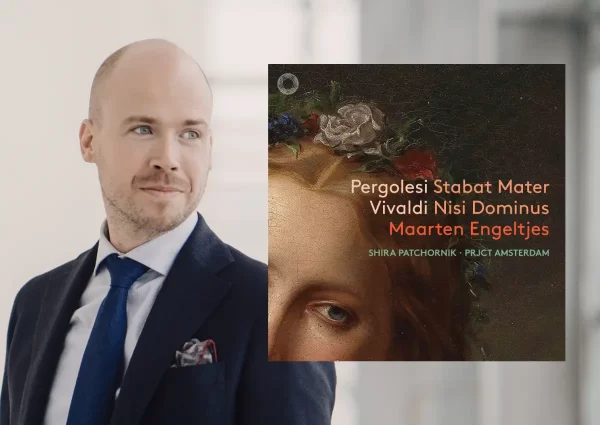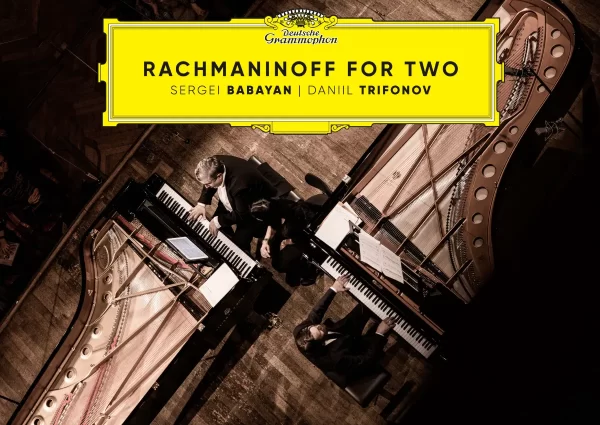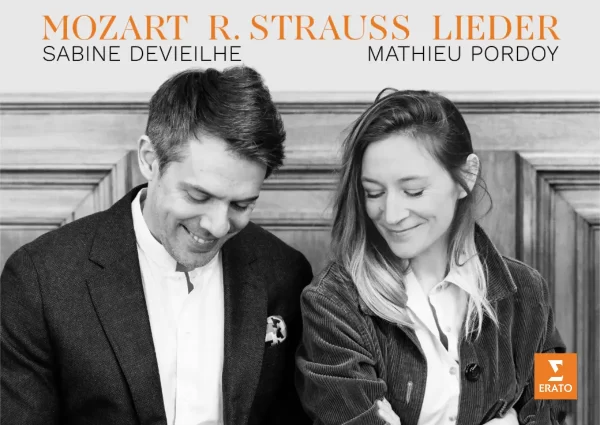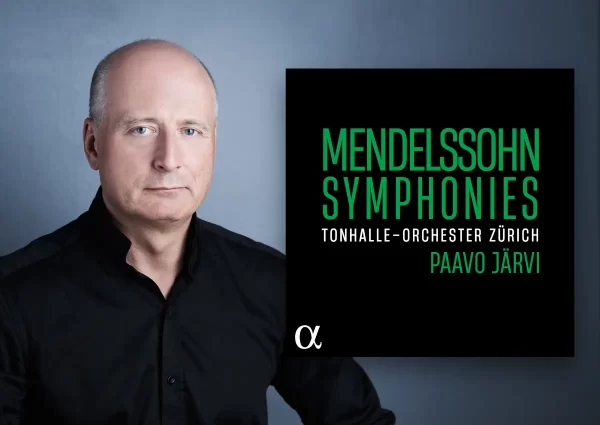“Paradise Lost”, the new release from soprano Anna Prohaska and pianist Julius Drake, is an extraordinary, unique series of miniatures. The songs tell the story of Eve’s temptation through metaphor, back-handed insinuation and symbolism, cleverly forgoing any continuous narrative. Excellent programming, a strong rapport, and heartfelt music-making take an idea that, in other hands, could become an erratic hodgepodge, and grow it into a mature, moving work of art.
As the album moves from Eden to apple to Earth, Prohaska wisely chooses cohesive musical styles for each segment. Who better to depict an idyllic, hazy, yet lonely “Morning in Paradise” than late Romantic Frenchmen like Fauré, Debussy, Ravel, and Messiaen? Splashes of lust (Hugo Wolf) are followed by more and more disastrous realism and naïveté (Brahms, Britten and Reimann). After the fall comes heartbreak and confusion (Schubert and Schumann), and finally disillusionment (Eisler setting Brecht) and suffering (Mahler). All along, the apple never appears in Eve’s hands; instead, a young child wants to trade for one (“Give me the apple, / I’ll give you the fig”), and a different young girl loses a tooth upon biting into one, causing her to burst into tears. We don’t need to be told what happens to Eve, but the refracted story retains the original’s power.
Happily, there’s even more to love on this album than programmatic brilliance. The first half of the program is a tour de force of warmth and rich emotions. In the first track alone, Ravel’s “Trois beaux oiseaux de Paradis,” they perform a small miracle. Prohaska sets a scene full of wonderment with rich vowels and mellifluous legato, while also foreshadowing Eve’s forthcoming loss with her ghostly tone, and Drake assists with measured dashes of color. In the Fauré, a seven-minute long depiction of a day in Eden, Prohaska paints landscapes with her voice, “the world spreading out like a lovely dream.” Wolf’s “Die Bekehrte” has rarely gone so clearly from pastoral scene in the woods to erotic introversion, her voice becoming utterly wrapped up in itself. Reimann’s “Gib mir den Apfel” is a hilarious, almost-twelve-tone portrait of a child tottering around, demanding trades and naïvely describing the world, but it is also a devilishly difficult piece. Prohaska’s head voice is an apt choice, as is Drake’s halting, jerky accompaniment.
Related Classical Music Reviews
- Review: Barbara Hannigan – “La Passione”
- Review: “Clytemnestra” – Ruby Hughes, Soprano
- Review: “Morgen” – Elsa Dreisig, Soprano
The Rachmaninov, Ives, and Purcell that open the second half of the program feel a bit out of place, even in this eclectic program. Surrounded by European romance, the Rachmaninov lacks urgency, and the Ives feels mild. The Purcell is decidedly un-Baroque, perhaps from the piano’s pedal, perhaps from an overly flexible rubato in the middles of phrases. After those, though, the duo is back in top form. Schubert’s “Auflösung” is perfectly frenzied. Eisler’s gray and cynical shorts will leave you feeling downtrodden, Drake’s piano playing particular lethargic, Prohaska with a searing non-vibrato and withering, sarcastically over-emphasized consonants. Mahler’s “Das irdische Leben” is frightening in a good way. And the closing song, the folksong “I Will Give My Love an Apple,” arranged by Drake, is moving beyond words, a fitting bookend to the Ravel that opens the album, and a clever wink to the listener besides.
Two common denominators across the album help make it exceptional: Prohaska and Drake’s intuitive sense of timing, and the intimate acoustics. From the shortest luftpausen to multi-track tempo arcs, the duo’s rhythmic choices are infallible. They draw out the ends of the slower songs luxuriously, without any trace of didactic rigidity (e.g. tracks 1, 3, or 7), while the faster ones have energy without pressing (e.g. tracks 2, 8, 14, or 18). The sound quality is dry and smooth, with a soft lustre and a short, unobtrusive reverb. This allows Prohaska’s voice and Drake’s touch to come through clearly. The best example of what it accomplishes is Messaien’s “Bonjour Toi;” the world feels entirely empty except for what Prohaska sings into being, in this case a little green dove.
This album can’t be recommended too strongly; I’ll be short-listing it for my pick for album of the year. It’s best experienced with the lyrics, so prefer buying the album over streaming it (With 26 different songs, you’ll be hard pressed to look up each one separately). Prohaska and Drake have remarkable artistic chemistry, and have created something quite special.

“Paradise Lost”
Anna Prohaska – Soprano
Julius Drake – Piano
Alpha Classics, CD ALPHA 581
More Recommended Song Recitals
Read more classical music reviews or visit The Classic Review Amazon store
Follow Us and Comment:
Get our periodic classical music newsletter with our recent reviews, news and beginners guides.
We respect your privacy.

